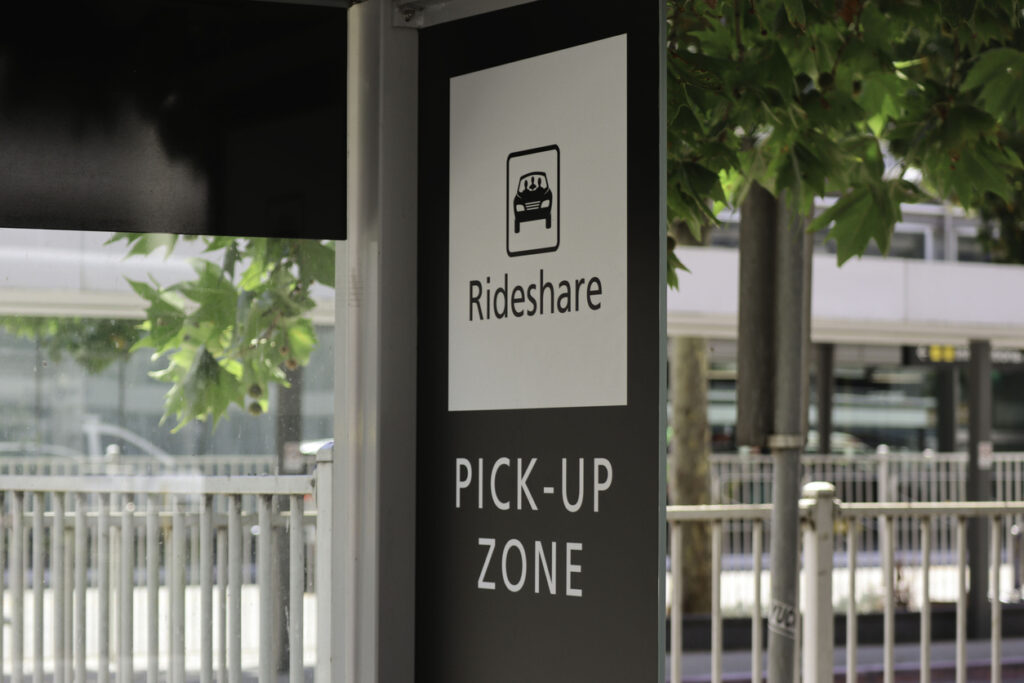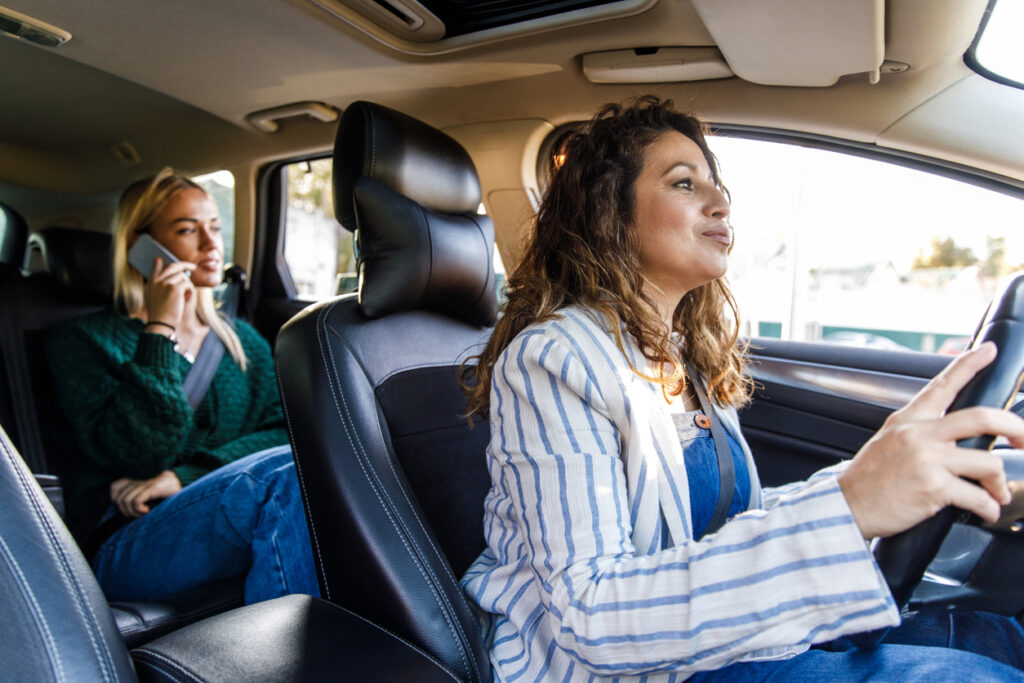
Some cases of rideshare liability can be complex since both the driver and rideshare service have insurance coverage. It’s important to understand your rights to compensation if you’re injured in an Uber or Lyft Accident in South Carolina.
South Carolina is an “At-Fault” State
Some states are “no-fault,” meaning that the person who is injured uses their own insurance to cover some damages. However, South Carolina is an “at-fault” state. This means that the driver who caused the accident is financially responsible for the damages of those injured. This applies to rideshare accidents as well.
How Is Liability Determined in Rideshare Accidents?
After an accident, evidence is gathered (police reports, witness statements, etc.) to determine which driver caused the collision. The at-fault driver’s insurance company will be responsible for covering the costs associated with the accident, up to the policy limits. This can include medical bills, property damage, and even lost wages. If the damages exceed the at-fault driver’s insurance coverage, the injured party may be able to sue them directly for additional compensation.
In some rideshare accidents, the passenger may receive compensation from the at-fault driver as well as the rideshare company. There may be more than one party liable, or responsible, for your damages. In that case, it’s important to file a claim with all available insurance companies. If you do not, you may not get the maximum amount of compensation possible.
Modified Comparative Negligence in South Carolina
As a passenger, you’re unlikely to be found at fault for the accident. However, South Carolina uses a modified comparative negligence rule. This means you can still receive compensation even if you are partially at fault for the accident, but your compensation will be reduced by your percentage of fault.
As long as you were less than 51% responsible for the accident, you are still eligible to file a personal injury lawsuit under the modified comparative negligence law. This applies to other parties as well. If there is more than one party at fault, negligence will be allotted amongst all parties and each party may be able to recover compensation.
How Much Insurance Do Rideshare Drivers Have?

Coverage from the rideshare company kicks in when the driver’s policy limits are reached, or their insurance doesn’t cover the accident. For example, the driver’s insurance company may not cover their accident if they are driving under the influence of alcohol or drugs.
The amount of coverage depends on the the ride. According to Uber, if the Uber driver is at fault:
- Driver looking for a ride: Up to $50,000 per person injured, $100,000 per accident total, and $25,000 for property damage.
- Driver with an active ride: Up to $1 million in liability coverage.
Additionally, Uber and Lyft drivers operating in South Carolina must have the state’s minimum insurance requirements in a personal policy. Most insurance companies also require that the individuals purchase additional coverage for business use. Minimum insurance coverage limits in South Carolina include at least:
- $25,000 for bodily injury per person
- $50,000 for bodily injury per accident
- $25,000 for property damage per accident
When you are in an Uber or Lyft, it’s important to ensure the driver maintains active ride status. Do not cancel your ride midway through or agree to turn off the app and pay the driver personally. If the driver is not in active ride status and you are in an accident, you may forfeit your ability to make a claim against the rideshare company. This can seriously limit the amount of compensation you receive.
How to Prove Liability in a Greenville Rideshare Accident
Proving liability in a rideshare accident can be trickier than a standard auto accident because multiple insurance policies might be involved. The core principle is similar to any car accident: you need to show the rideshare driver acted negligently, and their negligence caused your injuries.
You may prove negligence by showing evidence of traffic violations, reckless driving, or mechanical issues with the Uber or Lyft vehicle. Key pieces of evidence for proving these elements of negligence include the police report, ride-sharing app data, witness statements, pictures of the accident scene, and potential dashcam footage.
It’s best to work with a rideshare accident attorney who can help you prove liability in a Greenville Uber or Lyft accident. Your lawyer will understand the South Carolina laws that apply to your case and how to use them to support your arguments about fault and liability.
Contact Greenville Rideshare Attorney Venus Poe
If you or a loved one was injured in a rideshare accident in Greenville, contact Venus Poe Attorney at Law right away. Consulting a personal injury lawyer with experience in rideshare accidents is essential. You need to get legal advice from a professional who can guide you through the complexities of cases like yours.
Call attorney Venus Poe today at 864-963-0310 to schedule a free consultation with an experienced lawyer who will get to work for you right away.
